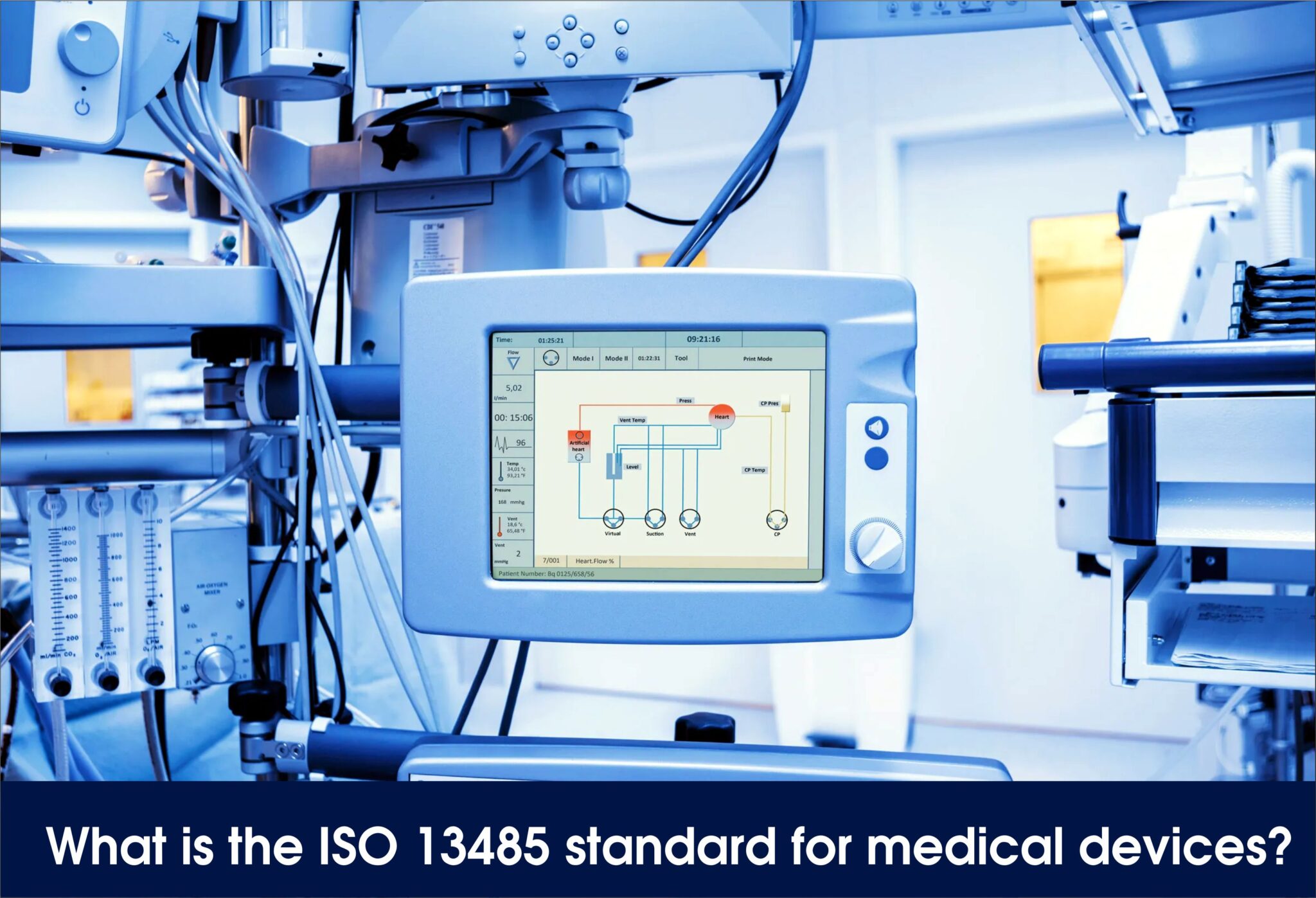In the fast-paced and ever-evolving world of the medical device industry, ensuring the highest standards of quality is paramount. With patient safety at stake, it is crucial for companies operating in this sector to have robust quality management systems in place. This introduction will shed light on the importance of quality management in the medical device industry and how it contributes to regulatory compliance, adherence to ISO 13485 standards, and overall success in the healthcare industry.
The medical device industry faces unique challenges due to its complex nature and stringent regulatory requirements. Manufacturers must navigate through a maze of regulations, guidelines, and standards to ensure that their products are safe, effective, and meet the needs of patients and healthcare professionals alike. This is where a well-implemented quality management system becomes indispensable.
ISO 13485 serves as a globally recognized standard for quality management systems specific to the medical device industry. Compliance with this standard demonstrates an organization’s commitment to consistently meeting customer requirements while adhering to applicable regulatory requirements. It provides a framework that enables companies to establish efficient processes for product development, manufacturing, distribution, installation, and servicing.
By implementing a robust quality management system based on ISO 13485 principles, organizations can streamline their operations while minimizing risks associated with product defects or non-compliance. Such systems facilitate effective documentation control, risk management practices, supplier evaluation processes, corrective action procedures, and internal audits – all essential elements for maintaining high-quality standards throughout the product lifecycle.
Furthermore, investing in quality management not only ensures compliance but also enhances reputation within the healthcare industry. Healthcare providers rely on manufacturers who can consistently deliver safe and reliable devices that meet regulatory requirements. Demonstrating compliance with ISO 13485 or other relevant regulations builds trust among stakeholders by showcasing an organization’s commitment towards patient safety.
What is ISO 13485 and the benefits of Implementing ISO 13485 for Medical Device Manufacturers and End-users?
ISO 13485 is an internationally recognized quality management system standard specifically designed for the medical devices industry. It is based on the ISO 9001 process model approach and serves as a useful framework for manufacturers to handle the obligations under the Medical Device Directives.
Medical device producers and end users can both benefit from implementing ISO 13485 For Manufacturers: ⮯
Medical device producers and end users can both benefit from implementing ISO 13485 For Manufacturers:
- Improved Product Quality: The overall quality of products is increased as a result of the process-based approach that ISO 13485 encourages for creating, implementing, and enhancing the performance of a quality management system.
- Regulatory Compliance: The standard aids organisations in proving they are in conformity with laws everywhere, which may open up more market opportunities.
- Risk Management: The requirements for risk management are incorporated into ISO 13485 at every stage of the product realisation process, offering a proactive method of detecting and reducing risks.
- Operational Efficiency: The standard promotes a methodical approach to managing processes, increasing operational consistency and efficiency.
- Enhanced Customer Satisfaction: Manufacturers may increase customer satisfaction and establish long-lasting connections by providing high-quality products and satisfying client requests.
- Competitive Advantage: As it shows a dedication to quality, having ISO 13485 certification might give an advantage over rivals who lack it.
Benefits from implementing ISO 13485 For End-Users:
- Assured Product Safety: The emphasis on risk management in ISO 13485 makes sure that patient safety is put first when designing and producing medical devices.
- Reliable Performance: End users may trust the dependability of ISO 13485-certified goods since the standard places a strong emphasis on consistent performance.
- Increased Trust: Trust in the product and the producer may both rise when consumers are aware that the maker upholds an internationally acknowledged quality standard.
- Product Traceability: Record-keeping and traceability are required by ISO 13485, which might be important in the event that a medical device has problems or is recalled.
Conclusion ✅
In Conclusion: The Significance of ISO 13485 in Ensuring Quality and Safety in the Medical Device Industry
In conclusion, ISO 13485 plays a crucial role in ensuring quality and safety in the medical device industry. By raising standards and promoting a culture of continuous improvement, this international standard helps companies in the healthcare sector deliver products that meet regulatory requirements and exceed customer expectations.
Adherence to ISO 13485 not only demonstrates a commitment to quality management but also instills confidence in stakeholders such as healthcare professionals, patients, and regulatory bodies. It provides a framework for organizations to establish robust processes, implement risk management strategies, and maintain effective documentation systems.
Through regular audits and assessments, companies can identify areas for improvement and take proactive measures to enhance their operations. This constant drive for excellence contributes to the overall growth of the organization while ensuring the safety of medical devices used by millions of people worldwide.
In an industry where precision, reliability, and patient well-being are paramount, ISO 13485 serves as a guiding force that drives organizations towards best practices. By adhering to this standard, companies can navigate complex regulatory landscapes with ease while maintaining their focus on delivering high-quality products that save lives and improve patient outcomes.
In summary, ISO 13485 is not just a certification; it is an essential tool for achieving excellence in the medical device industry. Its significance lies in its ability to raise standards, foster continuous improvement through adherence to quality management systems, and ultimately ensure the highest levels of quality and safety in healthcare.




